Homebuyers
Can You Really Afford a Vacation Home? Here's How to Find Out
April 15, 2025
If you've been dreaming about owning a vacation home, you're not alone.
The vacation home market is now projected to grow by 7% in 2024, up from an earlier 5% forecast, after a stronger-than-expected summer season, according to the AirDNA 2025 Outlook Report.
What's fueling this growth? The rise of short-term rental platforms like Airbnb and the flexibility of remote work makes owning a getaway spot more practical and potentially very profitable.
"Buying a vacation home isn't just about fulfilling a dream, it's about smart financial planning,” said Eva Melgarejo, a loan officer for New American Funding. She is based in Long Beach, Calif. “By leveraging equity and rental income, you can turn a vacation home into a long-term investment that grows alongside your retirement goals.”
Whether you dream of a lakeside retreat, a cozy mountain cabin, or a beachfront escape, understanding whether you can afford a second home requires a deep dive into your finances, long-term goals, and investment strategy.
What you need to consider before purchasing a vacation home
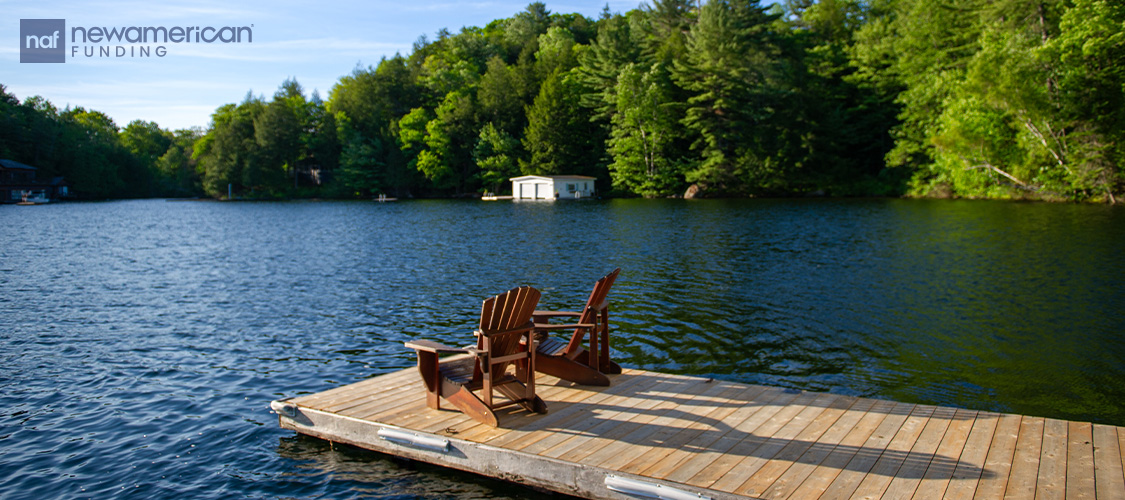
Before buying that vacation property you’ve always wanted to own, it's important to check your financial health, beyond your current income and savings.
Look at your existing debts, retirement goals, and the state of your emergency funds. This should be taken into consideration before making such a large purchase.
For some, purchasing a property in a favorite vacation spot with the intention of retiring there can be a smart decision. It could hurt others financially.
Buyers need to consider maintenance costs, especially if they won’t be living there full-time. These include utilities, landscaping, and the regular wear-and-tear.
Those who plan to use the home as a rental property may also choose to pay a property manager to facilitate bookings, cleanings, and maintaining the home.
"Build a comprehensive budget with lifetime goals," said Melgarejo. "Let's say you would like to retire in the place you vacation the most. It would make sense to leverage the power of equity and purchase an investment property now."
Turn your home equity into your next getaway

If you already own a home, your existing equity may be a valuable asset in buying a vacation property.
Options like cash-out refinancing or home equity loans may provide you with the necessary funds for a down payment.
You will have to repay that money. But over time, the value of that vacation home may grow. For example, purchasing a $400,000 property that appreciates at a 5% annual rate could result in a value of about $651,558 in 10 years, adding $251,558 in equity.
"A strategic investment today can secure your future lifestyle," said Melgarejo.
How to make your vacation home pay for itself

Many second homeowners offset the costs by renting the property out when they’re not using it. They often use platforms like Airbnb and VRBO to generate this passive income through short-term rentals.
The average annual revenue increased to $26,338.78, and the average daily rate (ADR) increased from just over $300 in 2023 to $310 in 2024, according to AirDNA, a short-term rental data firm.
Those thinking of purchasing a short-term rental should make sure the math works out in their favor. They may want to see how much similar homes are renting for and how frequently they’re booked to ensure this is a good investment.
If you prefer a hands-off approach, hiring a property management company can handle bookings, repairs, and housekeeping. They will charge a fee, but this may make sense if you don’t live nearby or don’t want to deal with potential problems.
This rental income can also improve your chances of qualifying for a mortgage.
"[A] benefit of purchasing a property as an investment instead of a vacation home is that 75% of the potential rental income will be added to your personal income at the time of qualifying for the loan," said Melgarejo.
That means if your available monthly income for a loan is $4,000, and your property can generate $2,000 in rent, your qualifying income could increase to $5,500 per month.
Understanding the full cost of ownership
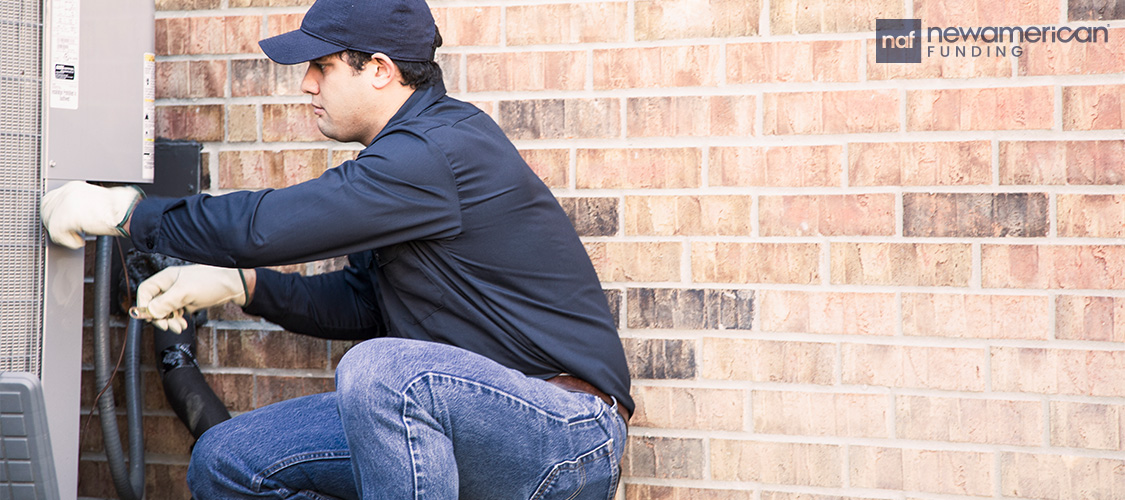
Beyond the mortgage, vacation homeownership comes with additional costs, including property taxes, insurance, maintenance, utilities, and potential homeowner association fees.
If you're considering a property in a seasonal location, factor in periods where rental demand may be lower. Budgeting for these expenses in advance will help you avoid financial strain.
In addition, rental income is typically subject to taxation.
Also, local regulations on short-term rentals vary by location, affecting rental income and property usage. This means that local governments may be able to ban short-term rentals at any time.
It's key to consult with a tax professional and check local rules to understand the financial impact fully.
Using a reverse mortgage to buy a vacation home
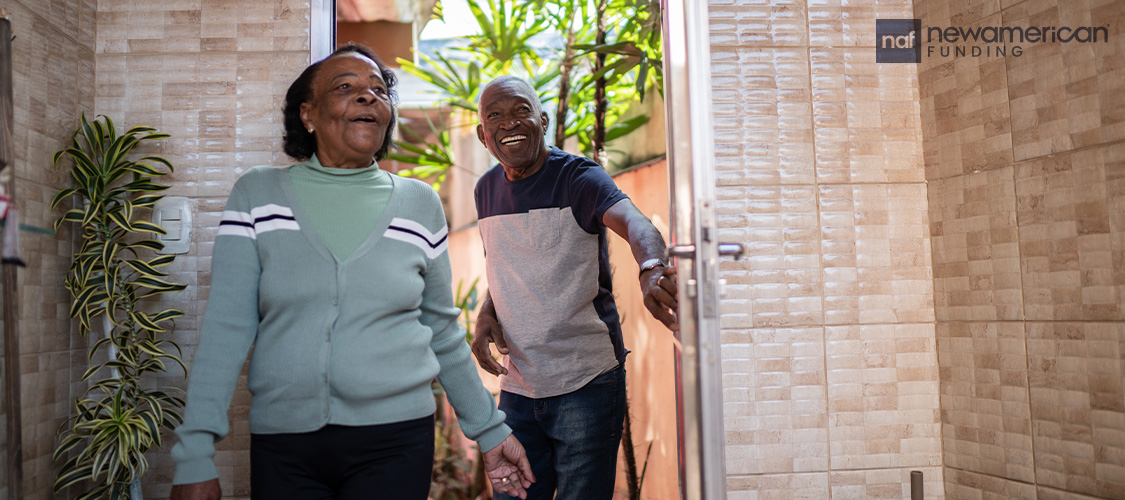
For buyers 62 and older (or in some states as young as 55), they have another option when it comes to financing a vacation home: A reverse mortgage.
"You can use a reverse refinance on an existing primary residence and use that to purchase a vacation home as well," said Lorraine Geraci, reverse talent and development manager at New American Funding.
Instead of taking on a new monthly payment, they can put part of their home equity from their primary home, toward the vacation home. If they get a reverse mortgage, it may cover the remaining amount.
"The amount of money they contribute towards a new property can be supplemented with a reverse mortgage,” said Geraci. “Thereby the client doesn't have to make a monthly mortgage payment or use their cash and assets that will be needed for other retirement expenses
Some retirees even use reverse mortgages to buy multi-unit properties, generating rental income while keeping their vacation home within reach.
"There are a lot of ways that people can use their home equity to provide them with opportunities to really have the retirement that they want and dreamed of," said Geraci.
Eva Melgarejo NMLS 1525876
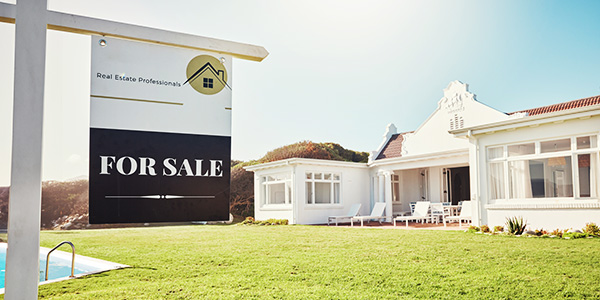


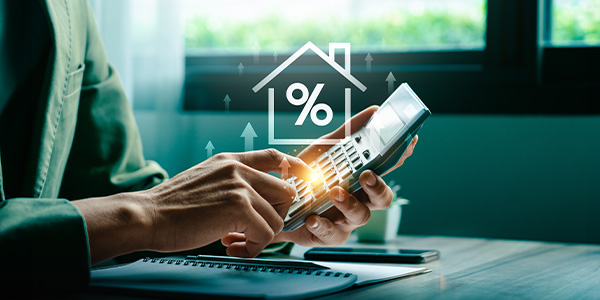


 Smart Moves Start Here.
Smart Moves Start Here.